No products in the cart.
New
Top 10 Iconic 1990s Rappers: A Tribute to 90s Rap Music Artists
The 1990s was a transformative decade for rap music, marking its evolution from an underground movement to a dominant force in mainstream culture. This era witnessed the rise of innovative sounds, groundbreaking artists, and influential albums that have left a lasting impact on the genre. The 90s rap scene was characterized by its raw energy, lyrical complexity, and socio-political commentary, making it a pivotal period in the history of music.
The influence of 90s rap music extended far beyond the confines of the music industry. It played a crucial role in shaping the cultural and social landscape of the decade. Rap artists from this era addressed pressing issues such as racial inequality, police brutality, and economic disparity, giving a voice to marginalized communities. The genre also contributed to the popularization of street fashion, slang, and lifestyle, embedding itself deeply into the fabric of youth culture.
The 1990s saw the emergence of numerous iconic rappers whose artistry and charisma defined the era. These artists not only achieved commercial success but also garnered critical acclaim for their contributions to the genre. Figures such as Tupac Shakur, The Notorious B.I.G., Nas, and Snoop Dogg became household names, each bringing their unique style and perspective to the rap scene.
The selection of the top 10 rappers from the 1990s is based on several criteria, including lyrical prowess, cultural impact, commercial success, and overall influence on the genre. These artists were chosen for their ability to push the boundaries of rap music, create timeless works, and leave an enduring legacy.
The rappers from this list have left an indelible mark on the music industry and culture at large. Their contributions have shaped the sound and direction of rap music, inspiring countless artists and continuing to resonate with audiences today.
1. Tupac Shakur
Brief Biography
Tupac Amaru Shakur, born on June 16, 1971, in East Harlem, New York, was a prolific rapper, actor, and social activist. He began his career as a backup dancer for the rap group Digital Underground before releasing his debut solo album, “2Pacalypse Now,” in 1991. Tupac’s music often reflected his tumultuous life experiences, including his struggles with poverty, legal issues, and violence.

Major Hits and Albums from the 90s
During the 1990s, Tupac released several influential albums, including “Me Against the World” (1995), “All Eyez on Me” (1996), and the posthumous “The Don Killuminati: The 7 Day Theory” (1996). Some of his major hits from this era include “California Love,” “Dear Mama,” “Changes,” and “Hail Mary.” These songs showcased his versatility as an artist, blending poignant storytelling with infectious beats and memorable hooks.
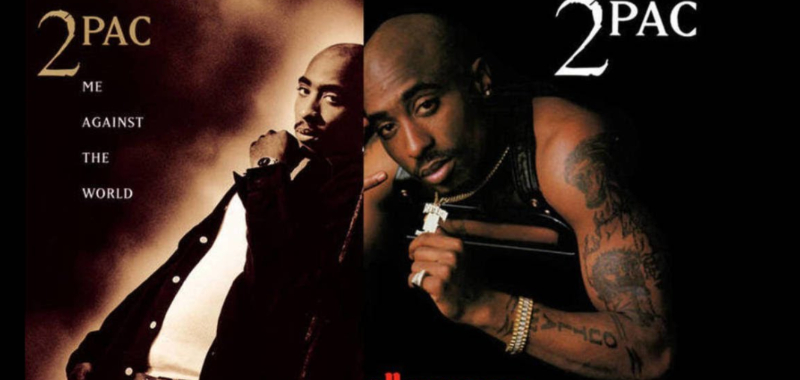
Influence on Rap Music and Culture
Tupac’s impact on rap music and culture is immeasurable. He was a voice for the voiceless, using his platform to address social injustices and advocate for change. His lyrical depth, charismatic persona, and unapologetic authenticity resonated with fans worldwide. Even after his untimely death in 1996, Tupac’s legacy continues to inspire new generations of artists and listeners, cementing his status as one of the greatest rappers of all time.
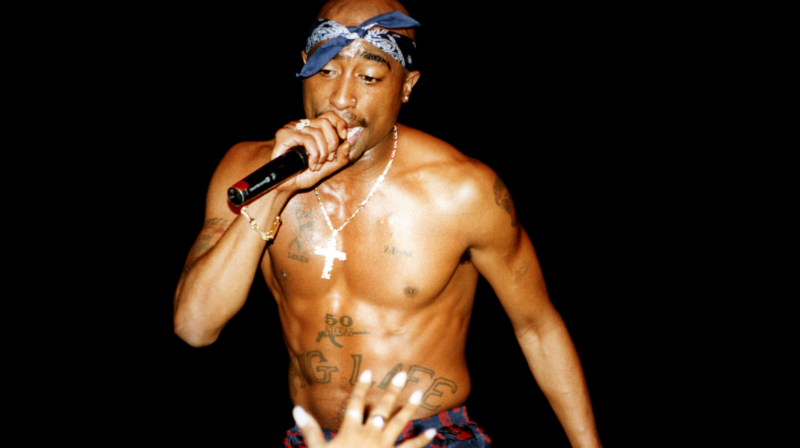
2. The Notorious B.I.G.
Brief Biography
Christopher George Latore Wallace, known by his stage name The Notorious B.I.G. or Biggie Smalls, was born on May 21, 1972, in Brooklyn, New York. Biggie began rapping as a teenager, and his talent quickly caught the attention of Sean “Puff Daddy” Combs, who signed him to his label, Bad Boy Records. Biggie’s commanding voice, vivid storytelling, and larger-than-life persona helped him rise to fame rapidly. Despite his brief career, cut short by his tragic death in 1997, Biggie left an indelible mark on the rap world.

Major Hits and Albums from the 90s
Biggie’s debut album, “Ready to Die” (1994), was a critical and commercial success, featuring hits like “Juicy,” “Big Poppa,” and “One More Chance.” The album’s raw depiction of street life and Biggie’s intricate lyricism garnered widespread acclaim. His second album, “Life After Death” (1997), released posthumously, solidified his legacy with tracks like “Hypnotize,” “Mo Money Mo Problems,” and “Sky’s the Limit.” Both albums are considered classics and continue to influence the genre.
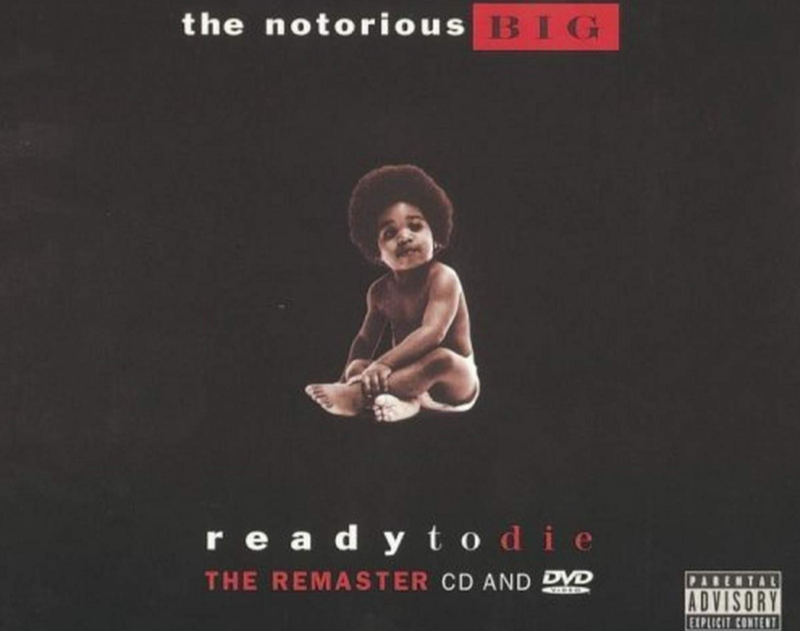
Influence on Rap Music and Culture
The Notorious B.I.G.’s impact on rap music and culture is profound. He helped define the East Coast rap sound during a time of intense rivalry with West Coast artists. Biggie’s storytelling ability, lyrical dexterity, and charismatic delivery set a new standard for rappers. His influence is evident in the work of numerous artists who followed, and his life and music remain a significant part of hip-hop history.
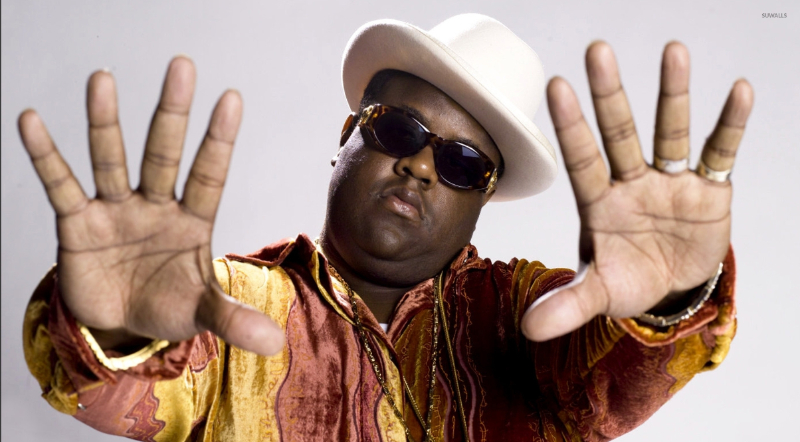
3. Snoop Dogg
Brief Biography
Calvin Cordozar Broadus Jr., better known as Snoop Dogg, was born on October 20, 1971, in Long Beach, California. Discovered by Dr. Dre, Snoop Dogg’s smooth, laid-back flow and distinctive voice made him an instant star. His debut on Dre’s “The Chronic” (1992) was a prelude to his solo success, and he quickly became one of the most recognizable figures in rap.

Major Hits and Albums from the 90s
Snoop Dogg’s debut album, “Doggystyle” (1993), is a landmark in rap history, featuring hits like “Gin and Juice,” “What’s My Name?,” and “Doggy Dogg World.” The album’s success cemented Snoop’s status as a major player in the rap game. His follow-up albums, “Tha Doggfather” (1996) and “Da Game Is to Be Sold, Not to Be Told” (1998), continued his success, with tracks like “Snoop’s Upside Ya Head” and “Still a G Thang.”
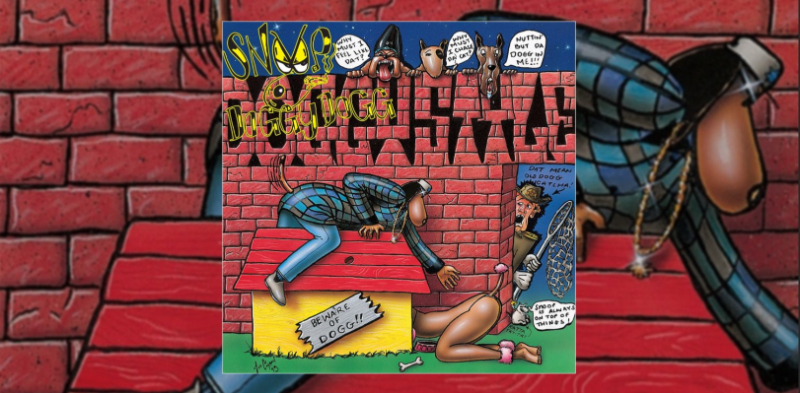
Influence on Rap Music and Culture
Snoop Dogg’s influence extends beyond his music. He played a crucial role in popularizing West Coast rap and the G-funk sound. His relaxed style and catchy hooks made him a crossover star, appealing to a broad audience. Snoop’s longevity in the music industry, adaptability, and ventures into film, television, and entrepreneurship have made him a cultural icon.
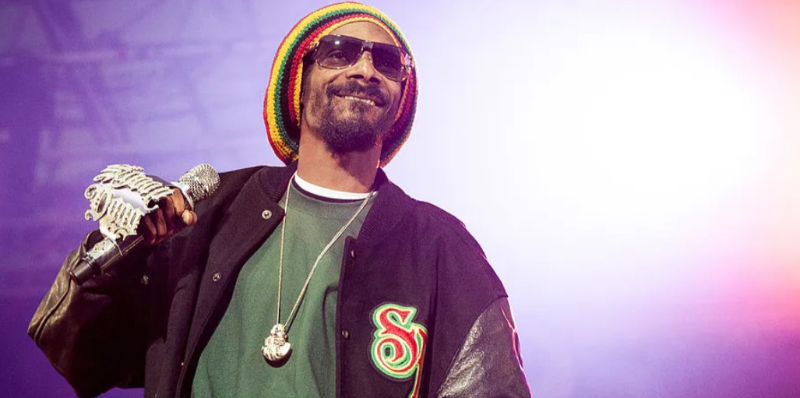
4. Dr. Dre
Brief Biography
Andre Romelle Young, known as Dr. Dre, was born on February 18, 1965, in Compton, California. Dre started his career as a member of the World Class Wreckin’ Cru before founding the groundbreaking group N.W.A. He later embarked on a solo career and became one of the most influential producers in hip-hop, shaping the sound of the genre for decades.
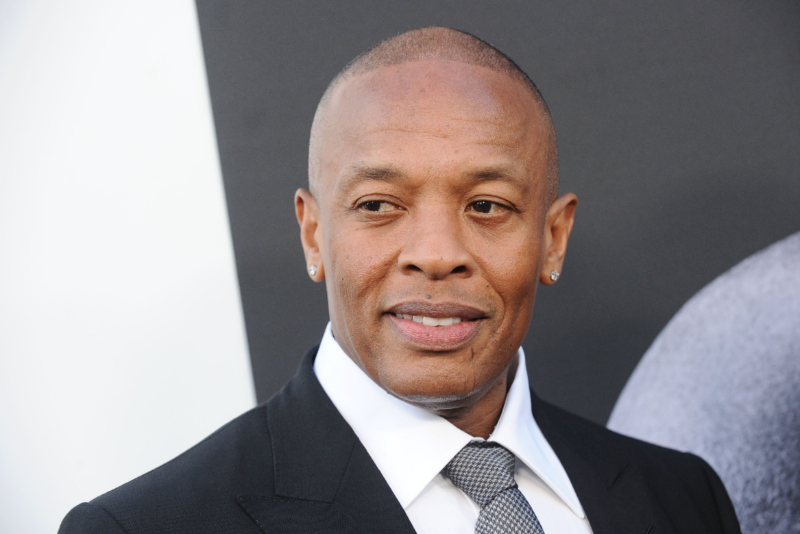
Major Hits and Albums from the 90s
Dr. Dre’s debut solo album, “The Chronic” (1992), is a cornerstone of 90s rap, featuring hits like “Nuthin’ but a ‘G’ Thang,” “Let Me Ride,” and “Dre Day.” The album introduced the G-funk sound, characterized by heavy bass, melodic synthesizers, and funk samples. His follow-up, “2001” (1999), solidified his legendary status with tracks like “Still D.R.E.,” “Forgot About Dre,” and “The Next Episode.”
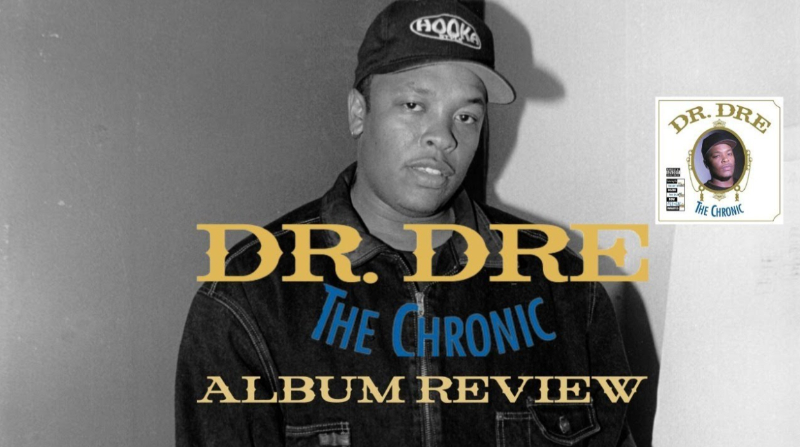
Influence on Rap Music and Culture
Dr. Dre’s influence on rap music and culture is immense. He pioneered the G-funk sound and played a crucial role in launching the careers of several iconic artists, including Snoop Dogg, Eminem, and 50 Cent. Dre’s production techniques and business acumen have set industry standards, and his work continues to shape the sound of modern hip-hop.
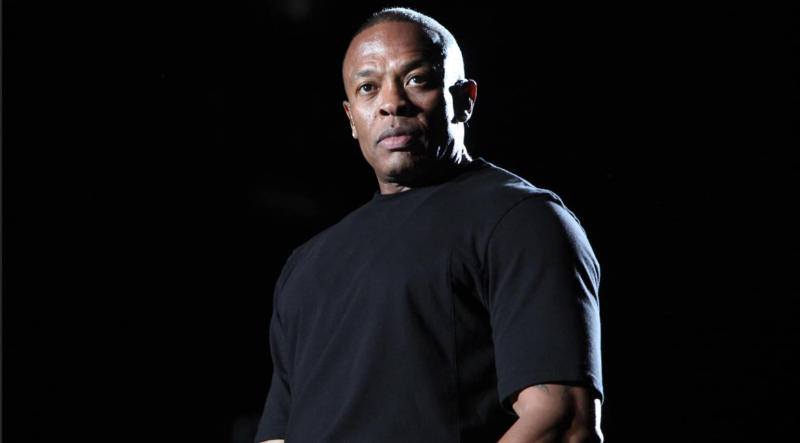
5. Nas
Brief Biography
Nasir Jones, known professionally as Nas, was born on September 14, 1973, in Queens, New York. Nas emerged as a major figure in the rap scene with his sharp lyricism and insightful social commentary. His debut album, “Illmatic,” is often hailed as one of the greatest hip-hop albums of all time, establishing him as a formidable talent in the genre.

Major Hits and Albums from the 90s
Nas’s debut album, “Illmatic” (1994), featured classic tracks like “N.Y. State of Mind,” “The World Is Yours,” and “It Ain’t Hard to Tell.” The album’s complex lyrics, vivid storytelling, and top-notch production earned widespread critical acclaim. His subsequent albums, “It Was Written” (1996) and “I Am…” (1999), continued his success with hits like “If I Ruled the World (Imagine That)” and “Hate Me Now.”
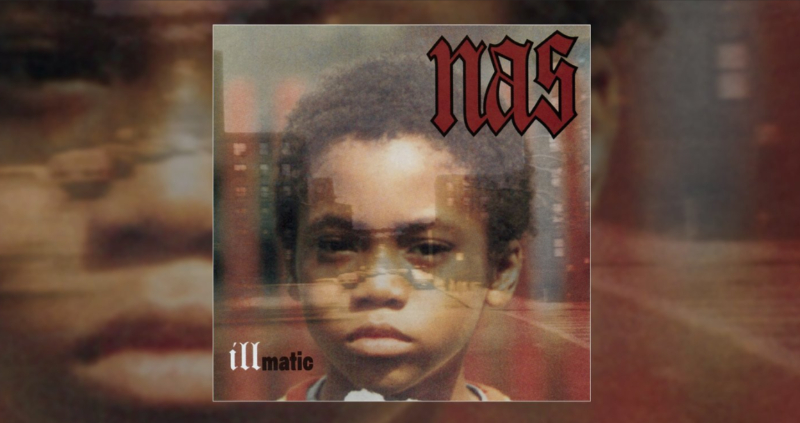
Influence on Rap Music and Culture
Nas’s influence on rap music and culture is profound. He is celebrated for his intricate wordplay, storytelling ability, and thought-provoking lyrics. “Illmatic” set a new standard for lyricism in hip-hop, influencing countless artists. Nas’s commitment to addressing social issues through his music has made him a respected voice in the rap community and beyond.

6. Ice Cube
Brief Biography
O’Shea Jackson Sr., known by his stage name Ice Cube, was born on June 15, 1969, in Los Angeles, California. Ice Cube began his career as a member of the pioneering rap group N.W.A, where he gained fame for his incisive and confrontational lyrics. In 1989, Ice Cube left N.W.A due to financial disputes and launched a successful solo career, becoming one of the most influential figures in hip-hop.
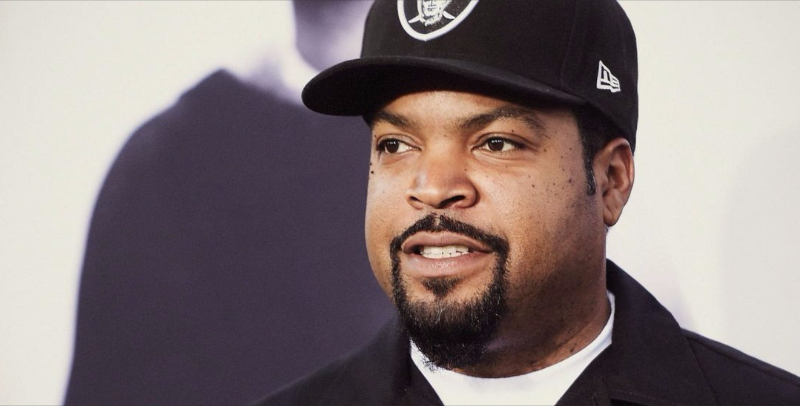
Major Hits and Albums from the 90s
Ice Cube’s debut solo album, “AmeriKKKa’s Most Wanted” (1990), was a critical and commercial success, featuring hard-hitting tracks like “The Nigga Ya Love to Hate” and “Endangered Species.” His follow-up albums, “Death Certificate” (1991) and “The Predator” (1992), solidified his status as a major force in rap. Notable hits from these albums include “It Was a Good Day,” “Check Yo Self,” and “Steady Mobbin’.” Ice Cube’s music in the 90s was known for its unflinching social commentary and powerful delivery.
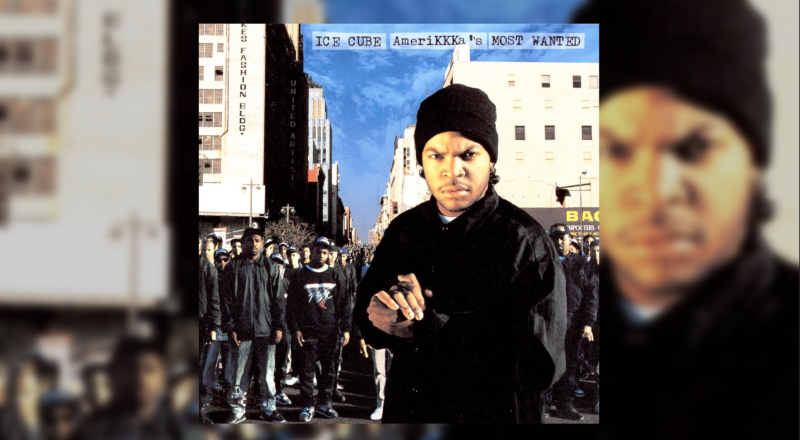
Influence on Rap Music and Culture
Ice Cube’s influence on rap music and culture is significant. He is credited with helping to shape the sound and style of West Coast rap. His fearless approach to addressing social and political issues in his lyrics set a precedent for future artists. Beyond music, Ice Cube’s ventures into acting and filmmaking, with films like “Boyz n the Hood” and the “Friday” series, have made him a multifaceted cultural icon.
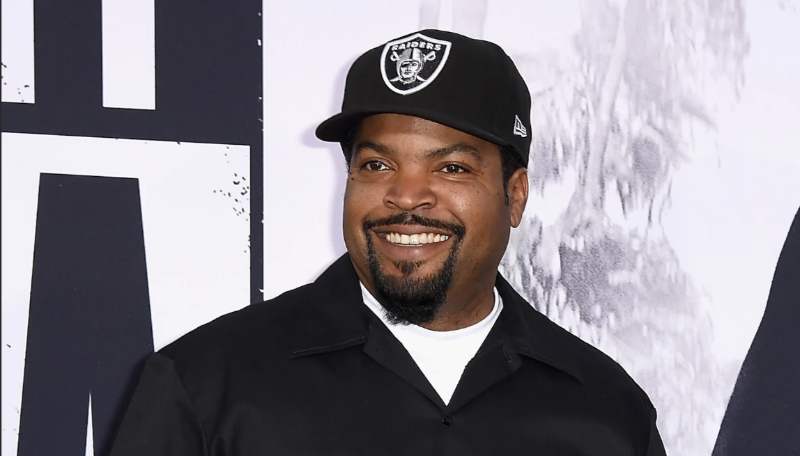
7. LL Cool J
Brief Biography
James Todd Smith, known professionally as LL Cool J (Ladies Love Cool James), was born on January 14, 1968, in Bay Shore, New York. LL Cool J began his rap career in the mid-1980s and quickly rose to prominence with his charisma, smooth flow, and knack for crafting hit songs. He was one of the first rappers to achieve mainstream success, paving the way for future artists.

Major Hits and Albums from the 90s
In the 90s, LL Cool J released several successful albums, including “Mama Said Knock You Out” (1990), “14 Shots to the Dome” (1993), and “Mr. Smith” (1995). The title track from “Mama Said Knock You Out” became one of his most iconic songs, showcasing his lyrical prowess and aggressive style. Other notable hits from this period include “Around the Way Girl,” “Hey Lover,” and “Doin’ It.” LL Cool J’s music in the 90s demonstrated his versatility, blending hardcore rap with smooth ballads.
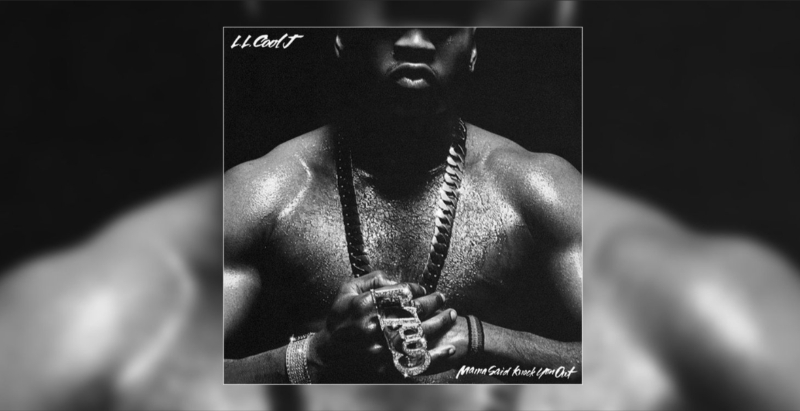
Influence on Rap Music and Culture
LL Cool J’s influence on rap music and culture is extensive. He was instrumental in bringing rap music to a broader audience, helping to establish the genre’s commercial viability. LL Cool J’s ability to balance tough, streetwise lyrics with romantic themes made him a unique and enduring figure in hip-hop. His contributions to music, along with his successful acting career, have solidified his status as a cultural icon.
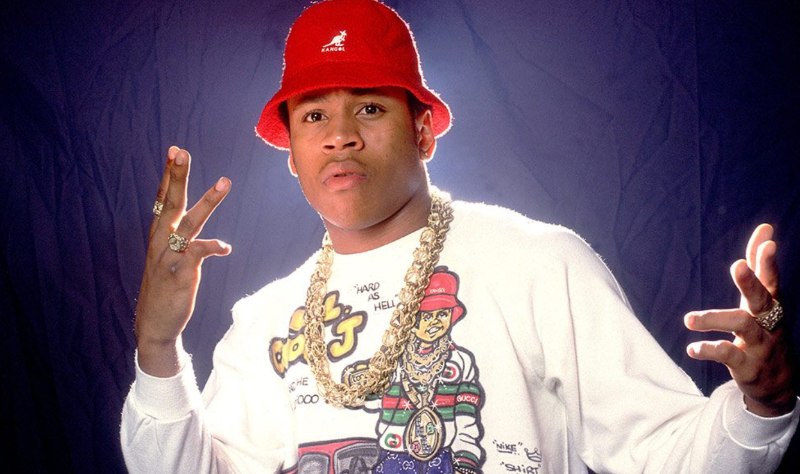
8. Wu-Tang Clan
Brief Biography
Wu-Tang Clan, a hip-hop collective formed in Staten Island, New York, in 1992, consists of members RZA, GZA, Ol’ Dirty Bastard, Method Man, Raekwon, Ghostface Killah, Inspectah Deck, U-God, and Masta Killa. The group is known for its innovative approach to rap, blending gritty street narratives with martial arts-inspired themes and eclectic production.
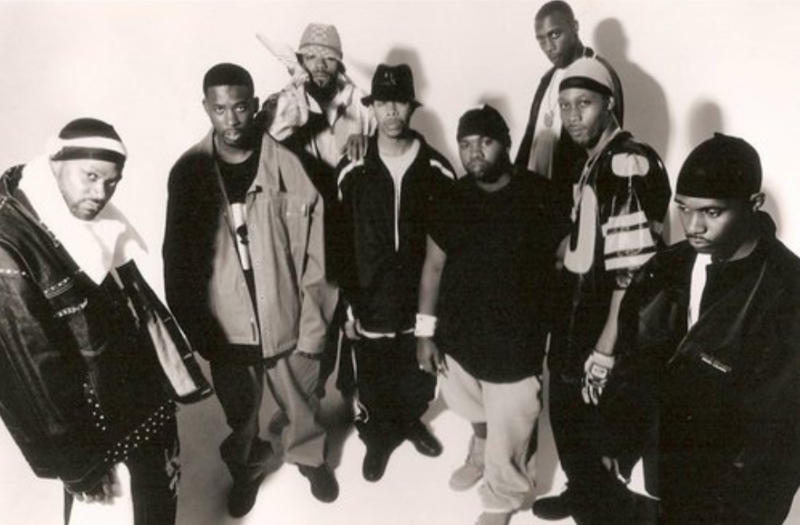
Major Hits and Albums from the 90s
Wu-Tang Clan’s debut album, “Enter the Wu-Tang (36 Chambers)” (1993), is a landmark in hip-hop history. The album features classic tracks such as “C.R.E.A.M.,” “Protect Ya Neck,” and “Method Man,” showcasing the group’s raw energy and unique style. Their second album, “Wu-Tang Forever” (1997), further cemented their legacy, with hits like “Triumph” and “It’s Yourz.” Both albums are considered essential listens for any hip-hop fan.
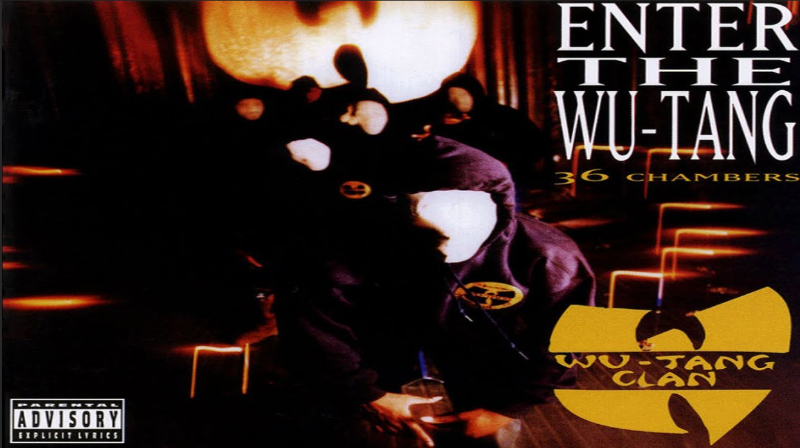
Influence on Rap Music and Culture
Wu-Tang Clan’s influence on rap music and culture is profound. They revolutionized the rap industry with their innovative business model, allowing individual members to sign solo deals with different labels while still maintaining the group’s unity. Wu-Tang Clan’s music and aesthetics have inspired countless artists and have had a lasting impact on hip-hop culture. Their emphasis on lyrical complexity, storytelling, and collective identity has set a high standard for rap groups that followed.

9. Public Enemy
Brief Biography
Public Enemy, formed in Long Island, New York, in 1985, consists of core members Chuck D, Flavor Flav, Professor Griff, and DJ Lord. Known for their politically charged lyrics and confrontational style, Public Enemy emerged as a powerful voice in hip-hop, addressing social issues and advocating for change. Their music often focuses on themes of racial inequality, systemic injustice, and the empowerment of Black communities.
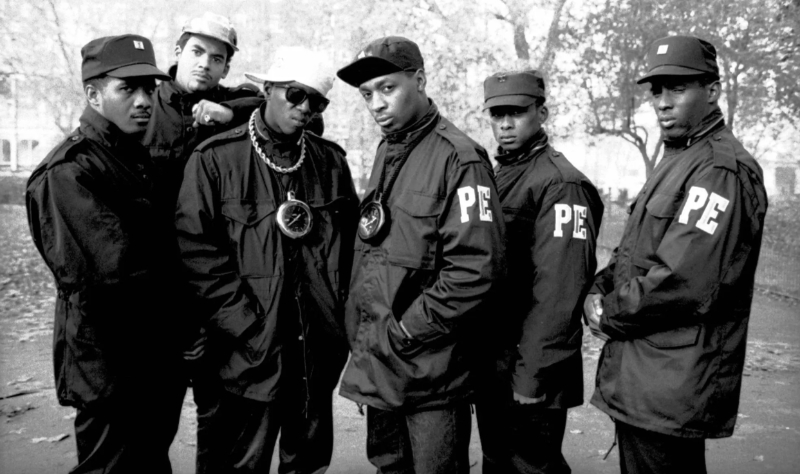
Major Hits and Albums from the 90s
In the 1990s, Public Enemy released several influential albums, including “Fear of a Black Planet” (1990), which featured the hits “Fight the Power” and “Welcome to the Terrordome.” The album is renowned for its dense production and potent social commentary. Their 1991 album, “Apocalypse 91… The Enemy Strikes Black,” includes notable tracks like “Can’t Truss It” and “Shut ‘Em Down.” Public Enemy’s music from this era continued to push boundaries and challenge societal norms.
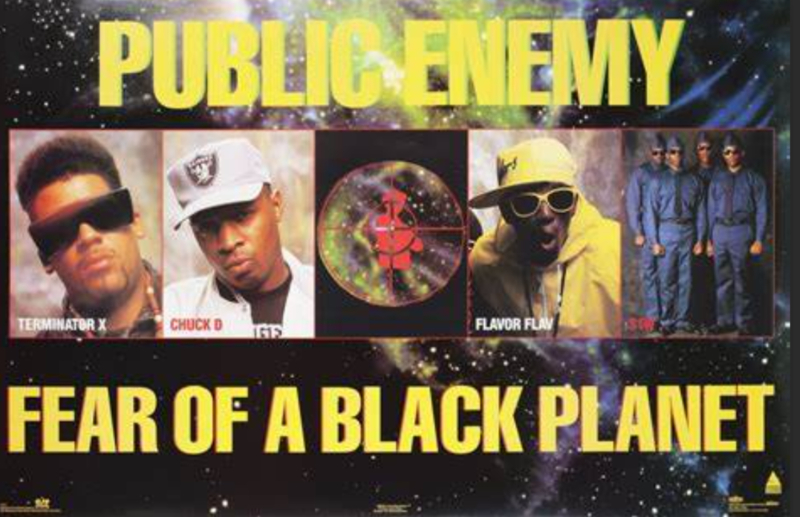
Influence on Rap Music and Culture
Public Enemy’s influence on rap music and culture is profound. They helped to elevate rap as a platform for political and social discourse, inspiring countless artists to use their music as a tool for activism. The group’s innovative production techniques, spearheaded by the Bomb Squad, set new standards for complexity and creativity in hip-hop. Public Enemy’s legacy is evident in the continued presence of politically conscious rap and the ongoing fight for social justice within the music industry.
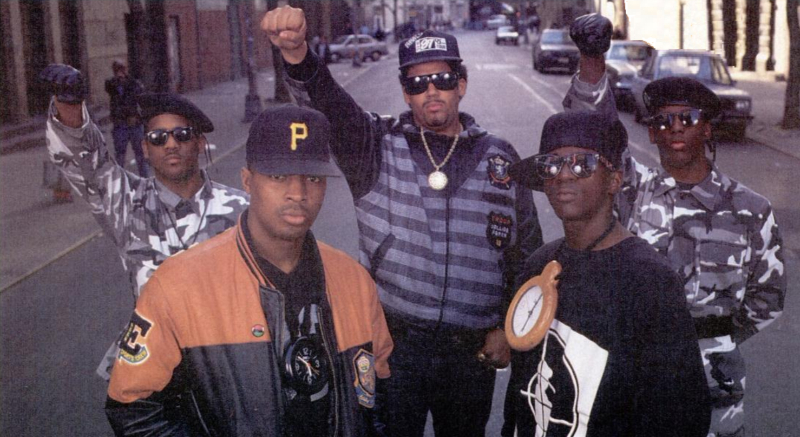
10. Jay-Z
Brief Biography
Shawn Corey Carter, known professionally as Jay-Z, was born on December 4, 1969, in Brooklyn, New York. Jay-Z began his career in the early 1990s and quickly established himself as one of the most skilled and influential rappers in the industry. His entrepreneurial spirit and business acumen have also made him a significant figure in the music business, founding Roc-A-Fella Records and later becoming a successful executive and philanthropist.
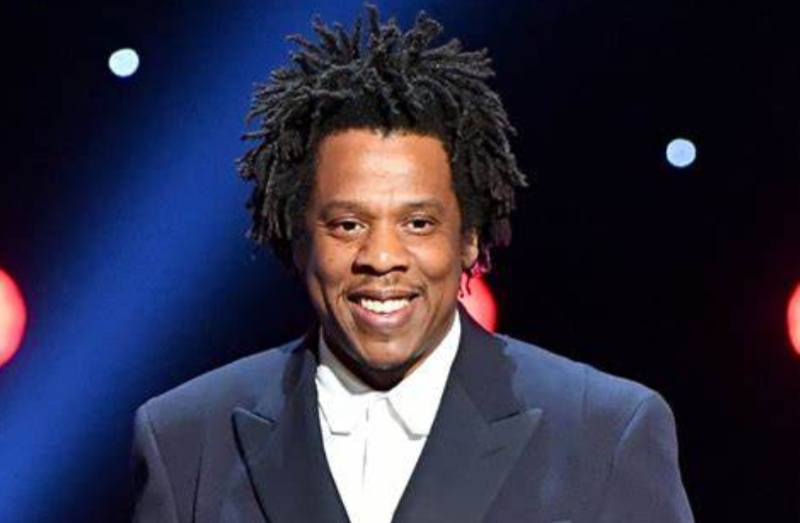
Major Hits and Albums from the 90s
Jay-Z’s debut album, “Reasonable Doubt” (1996), is widely regarded as a classic, featuring hits like “Dead Presidents II,” “Can I Live,” and “Ain’t No Nigga.” His subsequent albums, “In My Lifetime, Vol. 1” (1997) and “Vol. 2… Hard Knock Life” (1998), solidified his status as a leading figure in rap. The latter album produced major hits such as “Hard Knock Life (Ghetto Anthem)” and “Can I Get A…,” showcasing Jay-Z’s lyrical prowess and mainstream appeal.

Influence on Rap Music and Culture
Jay-Z’s influence on rap music and culture is immense. He is celebrated for his intricate wordplay, storytelling ability, and versatile flow. Beyond his music, Jay-Z’s impact as a business mogul has reshaped the industry, demonstrating the potential for rappers to expand their influence beyond the mic. His contributions have inspired a generation of artists to pursue both creative and entrepreneurial endeavors, making him one of the most respected figures in hip-hop.

Conclusion
The 1990s was a golden era for rap music, marked by the emergence of legendary artists who transformed the genre. These rappers brought fresh sounds, lyrical complexity, and powerful messages that resonated with audiences worldwide. The decade saw the rise of influential figures who addressed social issues, pushed creative boundaries, and laid the groundwork for future generations of hip-hop artists.The legacy of 1990s rappers is deeply embedded in today’s music industry. Their pioneering work continues to influence contemporary artists, shaping the sound and direction of modern rap. The business models and entrepreneurial paths established by figures like Jay-Z have opened new avenues for artists to explore. The social and political consciousness championed by groups like Public Enemy remains relevant, inspiring ongoing activism within the hip-hop community. The 90s rappers’ contributions have ensured that their impact will be felt for years to come, solidifying their place as icons in the history of music.
There are also other famous singers, bands, and rappers you might like:
Band: AC/DC, Blink-182, Chris Brown, Foo Fighters, Grateful Dead, Iron Maiden, KISS, Lynyrd Skynyrd, Metallica, New Kids On The Block, Pink Floyd, Rolling Stones, Wu-Tang Clan, Black Sabbath, Guns N Roses, Megadeth, Misfits, Motley Crue, Motorhead, Queen, Ramones, Red Hot Chili Peppers, Rush, Slayer, Slipknot, Van Halen
Rapper / Singer: Neil Young, Elvis Presley, Bob Marley, Bruce Springsteen, David Bowie, Eminem, Jimi Hendrix, Zach Bryan
